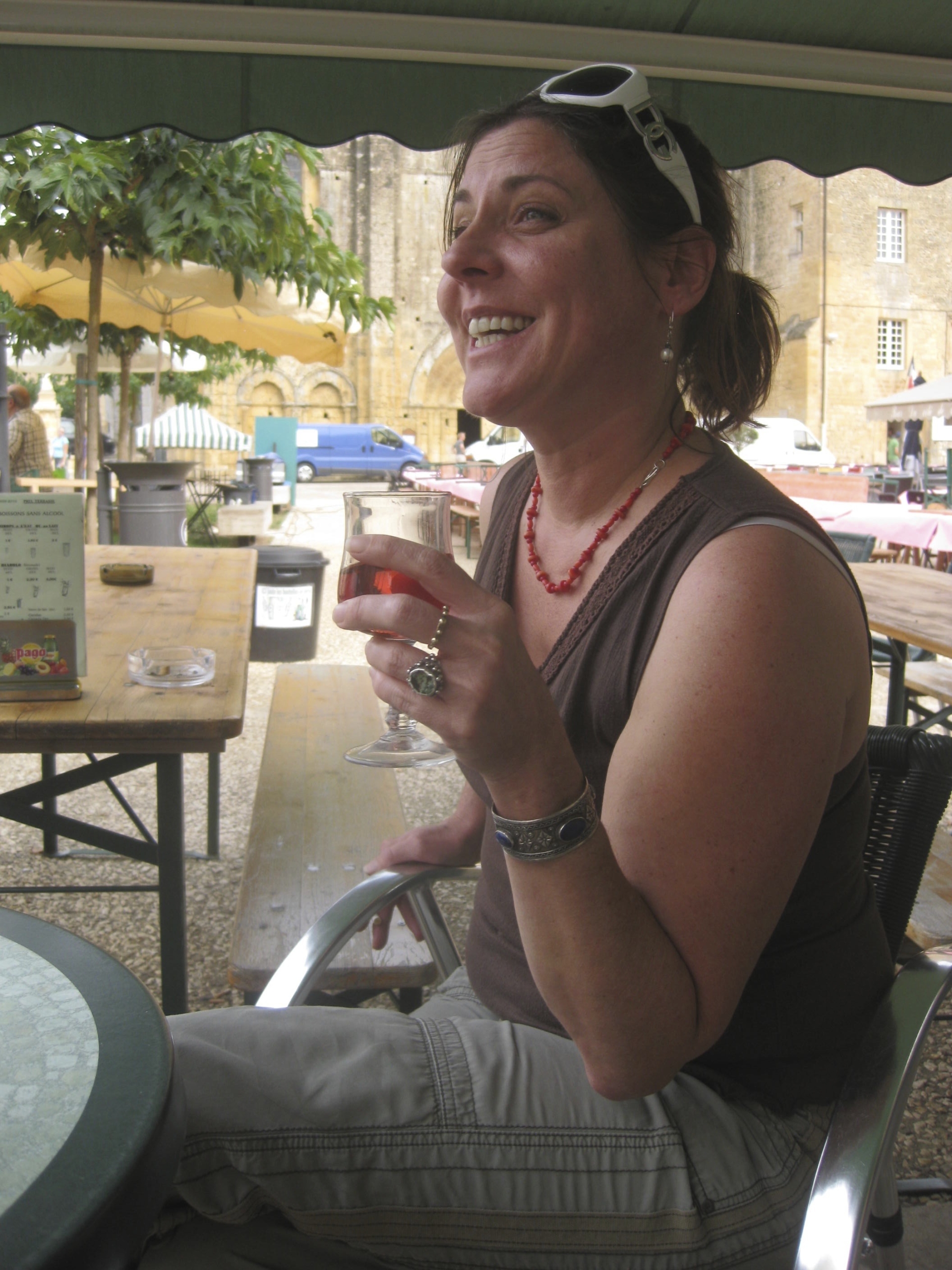
My mother was only 69 when my father died and she had just retired from her 30-year teaching career in a Philadelphia Friends school. Their marriage had been difficult because my father was difficult. He was charismatic, narcissistic, handsome, and charming— and a philanderer. He was also a successful industrial designer who, before retirement, had been made redundant by the advent of computers in a company that had benefitted from at least a dozen of his patent designs.
It was not surprising that the following years were a miserable struggle. He drove a school bus and she did secretarial work, but they could barely make ends meet. They quarreled a lot, bitter arguments with a fair amount of blaming on my mother’s part and once, when she saw how dejected he was, she said, “Oh, Robert, it’s not you, it’s 40 years of you.”
In a way, his death was a sad relief. We observed it in a silent Quaker meeting in which a single tribute said it all: “When Robert picked daffodils in his woods, he didn’t pick a bouquet, he picked armfuls.” This was my expansive and exuberant father.
My mother sold the beautiful Frank Lloyd Wright-inspired house he had designed, and where my sisters and I grew up. It had fallen into disrepair and its value was disappointingly low. After paying off the mortgage, there wasn’t much left. She used the money to furnish a lovely light-filled apartment and optimistically began anew on her small teachers’ pension.
After a year or so, she got a call from a high school friend, a busybody, she said, who had kept up with her. He told her that an old boyfriend, George Davis, had inquired about her. She said she wasn’t interested. But George called her anyway and asked her out for dinner. She turned him down. He called her again and she asked him not to call because he had already broken her heart. He persisted and finally she accepted. They went to dinner and she softened. The second dinner progressed to others, to falling in love again, to talk of marriage. My mother was happier than she had been in a long time and explained to me how young she felt until she looked in the mirror and realized the present was 50 years later.
She married George and moved into his Pennsylvania stone farmhouse, built by one of George Washington’s generals. The house was filled with the antique furnishings she always wanted that my father wouldn’t tolerate in his contemporary house. She painted every room, downstairs and up; the dining room, colonial red, and the kitchen, dark green and white; no shrinking violet was my mother. She tended the neglected gardens, brought in an abundance of flowers in the summer and bowls of pinecones and dried herbs in the winter. She made the house her own and it was beautiful.
They adored each other and had 14 carefree, happy years together. They traveled to Hawaii, Europe, and South Africa and rode the Blue Train from Pretoria to Cape Town. She came face to face with a hippopotamus on a jungle river and smelled a lion after eating its kill. They enjoyed their time together to the fullest with a lot of laughter. When George was sick and dying, she nursed him night and day for months. He died at home and the lamp on the table next to him went out.
She sold the farmhouse and packed and distributed the furniture and contents to George’s family. I helped her move her lovely furnishings that she brought to the marriage into another light-filled apartment in a retirement community. Her next door neighbor was a charming French/Argentinian economist who had worked for the UN. She and Carlos became friends, talked books, poetry, and history, and watched public television together. Slowly over a few years a love affair bloomed in my mother’s life again. She cooked extravagant dinners for Carlos. He spent the whole day stirring milk and sugar over a low flame to make her his specialty, dulce de leche. They laughed a lot and teased each other. Carlos loved to retell the story about the tea pot that melted on the stove while they were watching TV on her bed. The fire alarms went off and the apartment filled with smoke, neighbors and firemen while he inconspicuously slipped out the door in the commotion so as not to compromise my mother’s reputation. He returned as a concerned neighbor. When her heatlh failed and she was moved into a nursing unit, he sat by her bed and held her hand while they watched public television. She and Carlos had seven thoroughly enjoyable years. And yes, the mirror repeated itself and this time the present was almost 70 years later.